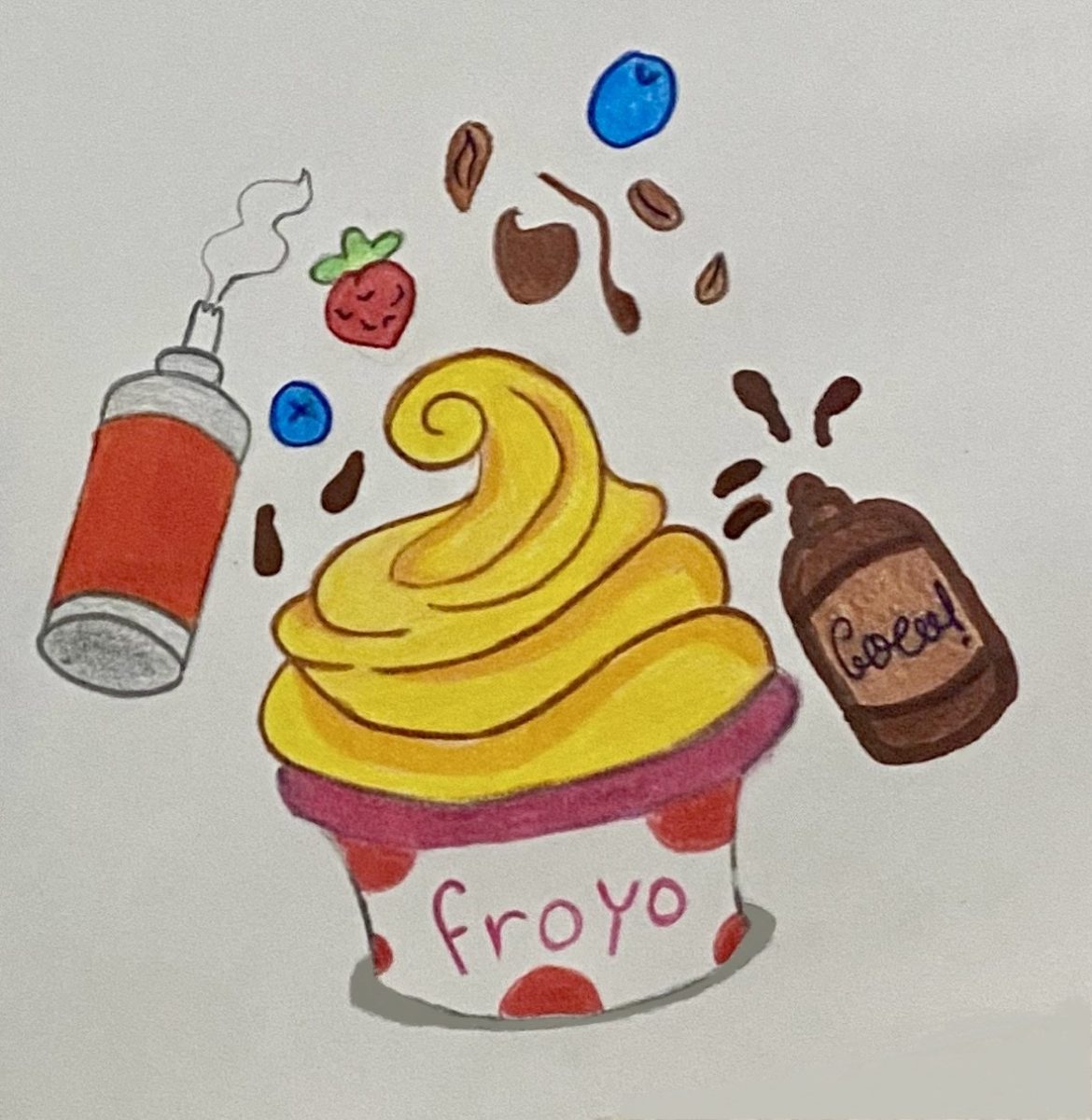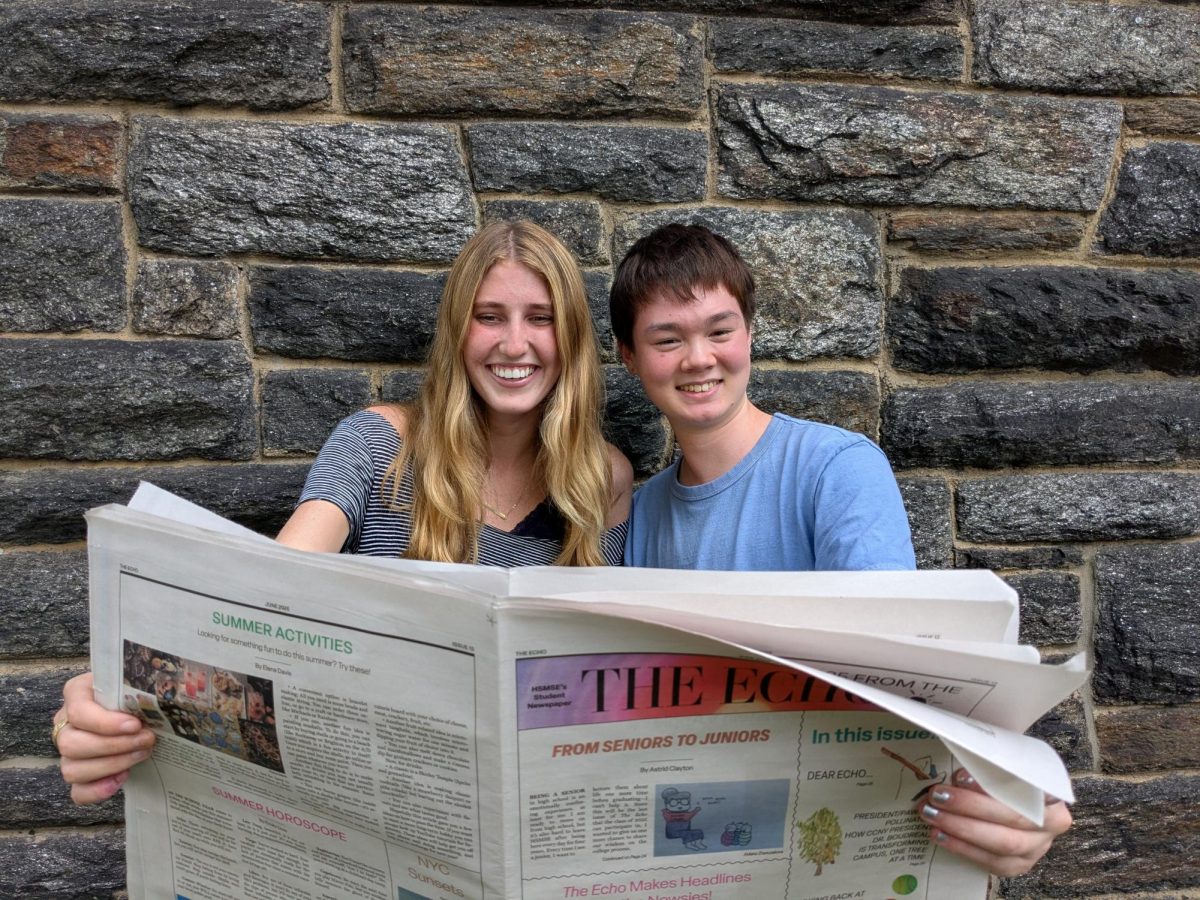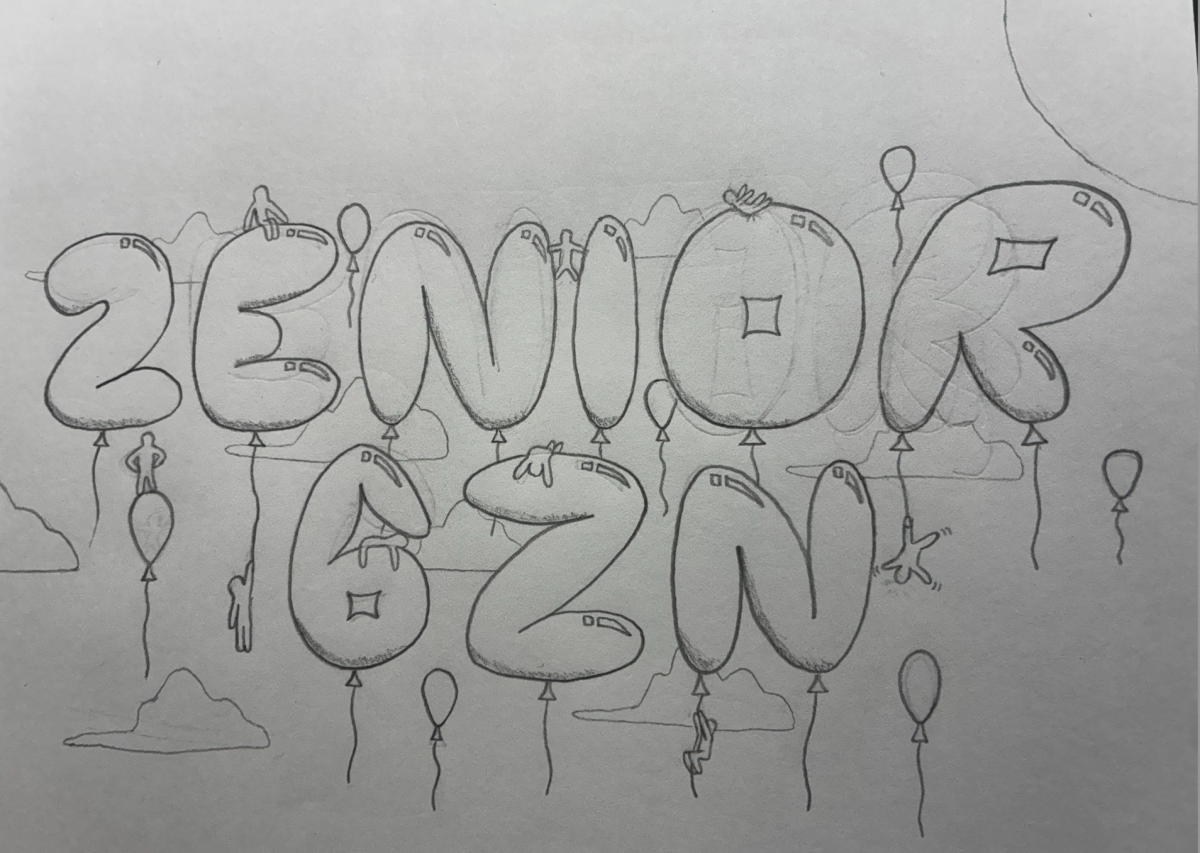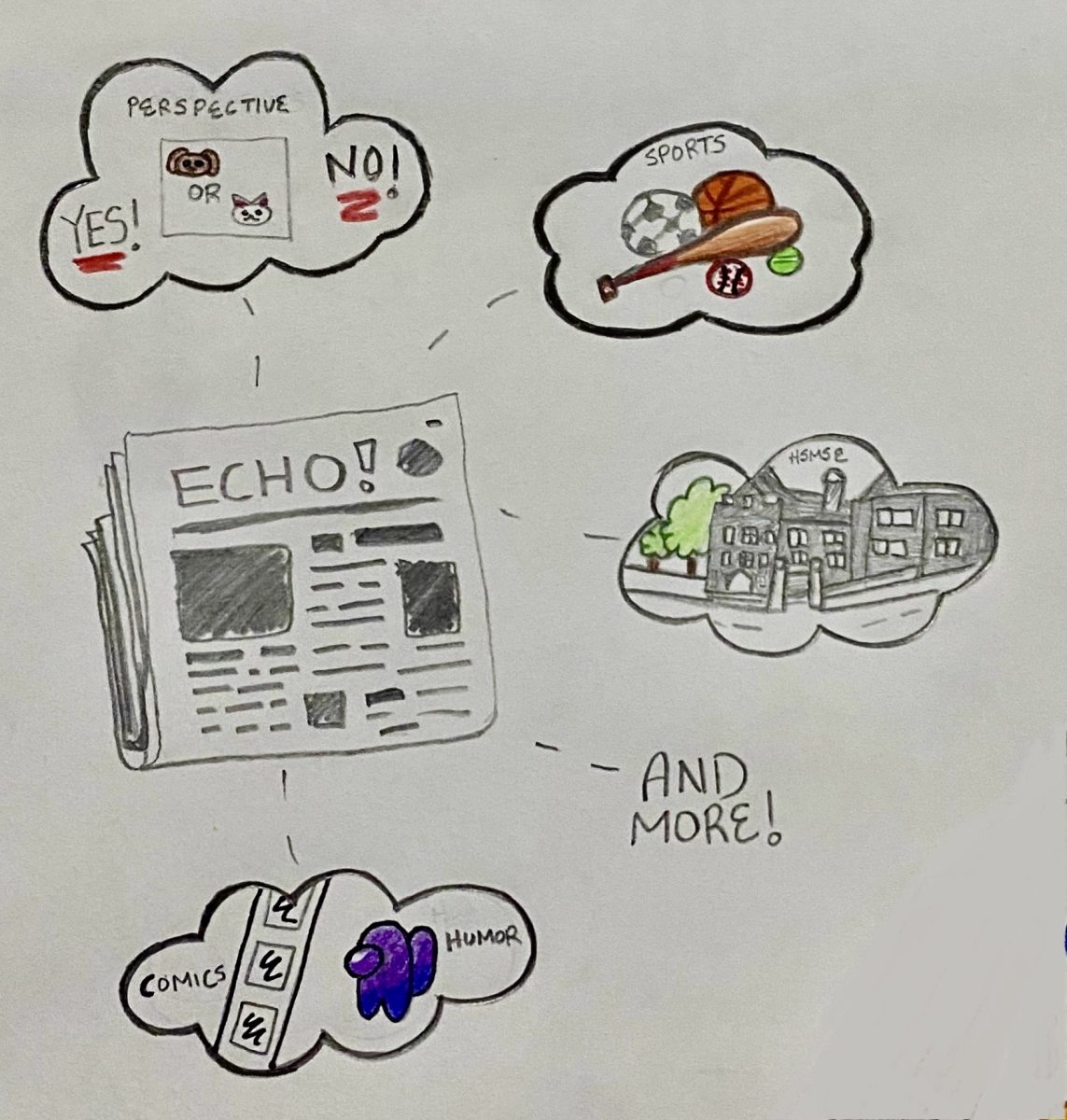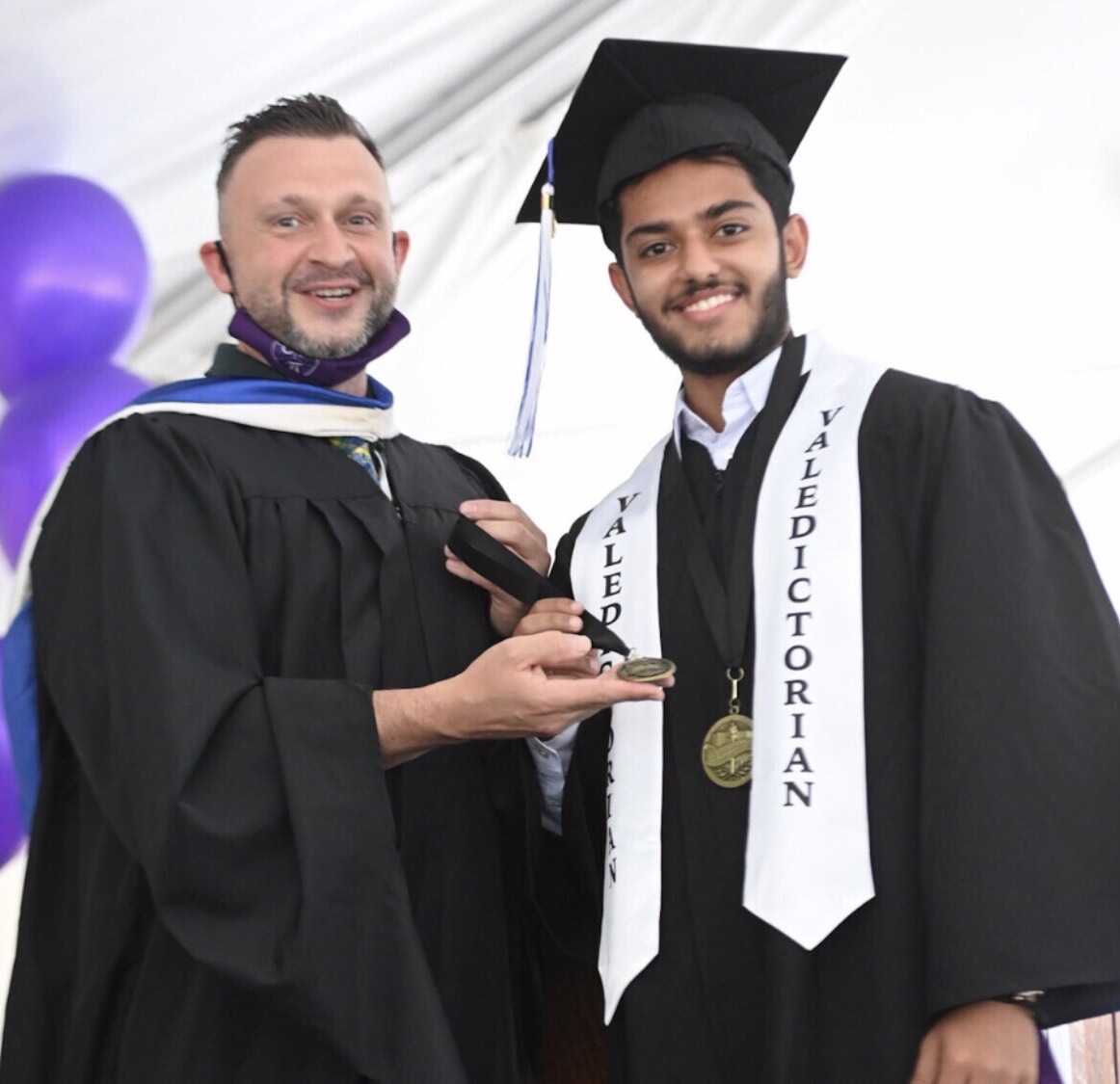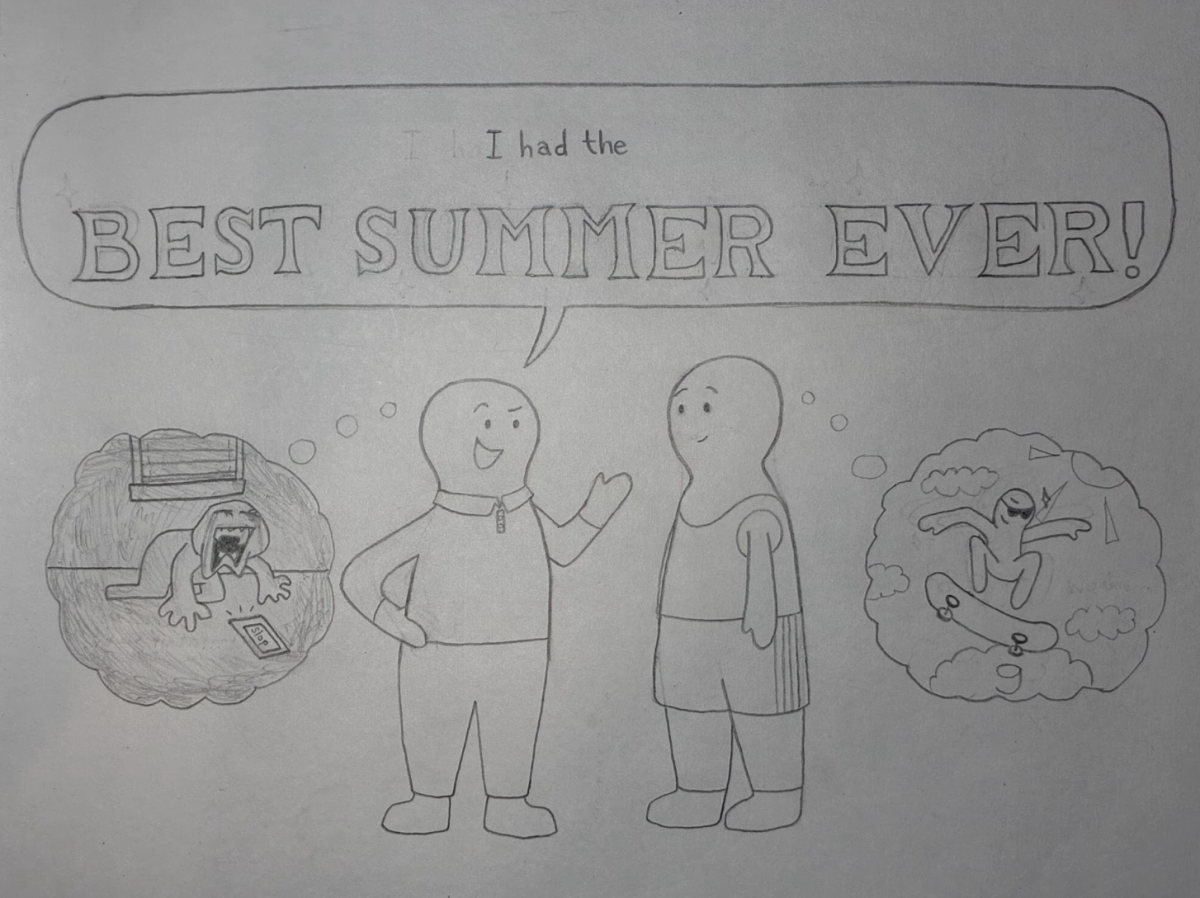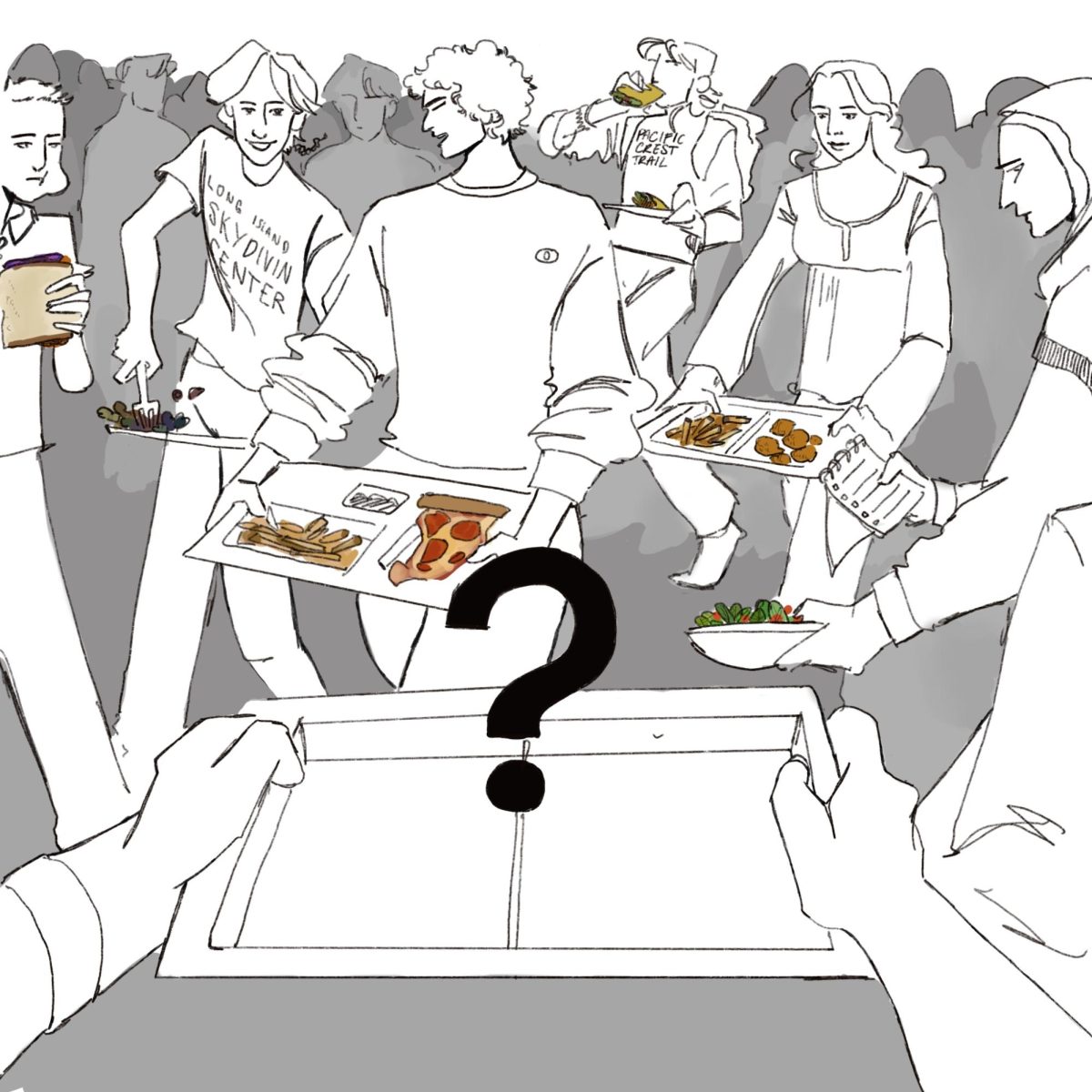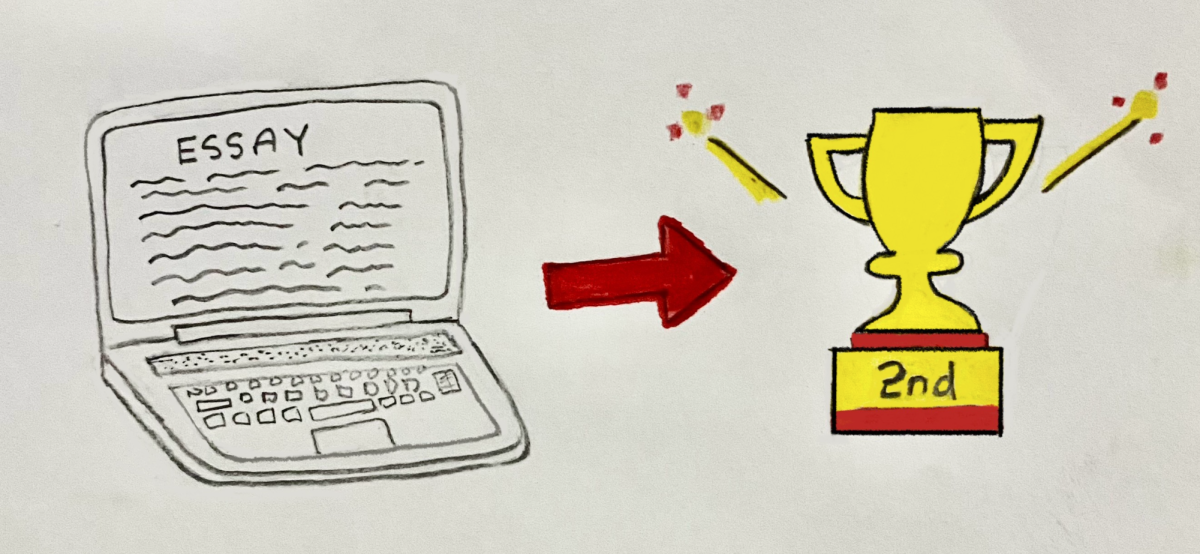A melody from SpongeBob SquarePants is all Kumayl Alloo recalls of his speech when he graduated as valedictorian of HSMSE’s Class of 2021. COVID-19 restrictions cleaved the ceremony into separate morning and afternoon sections, so he had to deliver it twice. “I vividly remember [Ms. Walker] telling me that I sang the SpongeBob line beautifully, both times in both speeches,” he said.
Although the specific lyric is lost to time, the discipline Kumayl cultivated at HSMSE has fueled his journey ever since: from winning national and international Qur’an recitation competitions, to conducting groundbreaking research of Parkinson’s disease, to graduating at the top of his class at Columbia University. He generously shared his experiences with The Echo in a virtual interview.
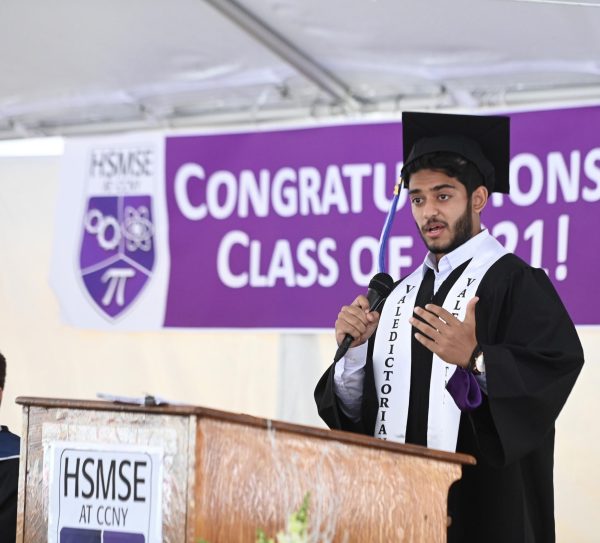
The Mount Sinai track was where Kumayl first found his passion for neuroscience through Dr. Hossein Aleyasin, who is active in the field. His lectures during Kumayl’s junior year were “tailored in a way that allowed us to get what we needed out of it, but was also very neuroscience focused because of his areas of expertise … I felt that many of his interests merged with my own.”
As soon as Kumayl was placed into the Benson and Huntley Labs to research Parkinson’s disease, COVID-19 relocated his work to Zoom. Luckily, the early stages, which mostly involved data analysis, were doable remotely.
“I would be conducting research during the school day for a major hospital [and] lab,” he reflected. “Being able to contribute to the field that early and having the space given to me by high school itself was an invaluable opportunity.”
Kumayl returned to in-person research eventually during his senior year, navigating countless COVID-19 precautions. He has remained involved in Mount Sinai’s Department of Neuroscience since high school. “Being in the same space over the course of several years allowed me to not only lead projects that were already ongoing, but also develop questions and projects of my own,” he said.
Kumayl has focused on the genetic mutation LRRK2-G2019S: the most common hereditary risk factor of Parkinson’s disease. The cognitive aspects of Parkinson’s disease have been vastly underresearched as opposed to its motor symptoms, he explained. However, studying the intersection of genetics and stress has unlocked a way to catch the earlier, subtler aspects of the disease before it manifests physically.
Starting his second year in college, Kumayl turned his attention toward the regions of the brain where deficits could be detected, rather than their resultant behavioral differences. He and his colleagues at Mount Sinai recently released a paper identifying three key brain regions that are affected by Parkinson’s and, thus, could be targeted by future treatments. “It’s undoubtedly a step forward in the right direction. It made a huge impact in the field, and I’m really happy to have been a part of it,” he said.
Kumayl is an avid scholar of the humanities and social sciences, as well. He was born and raised in Tanzania, and his mother teaches Qur’an recitation. “My first memories were of listening to the Qur’an being recited, asking Mummy what it was, why it sounded so good, what it meant,” he said. “From then on, I just had a passion for recitation.”
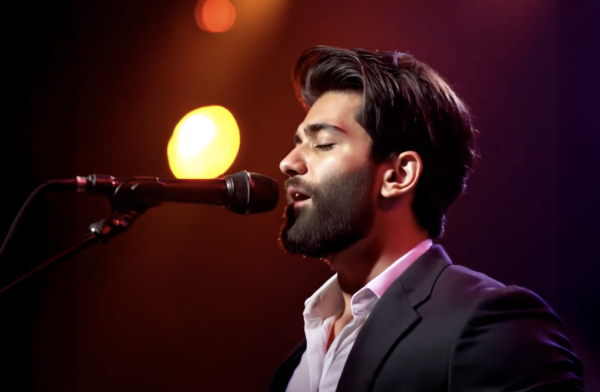
After he moved to the United States at age eight, Kumayl’s mentors and family continued to help him nurture his skills. He began his winning streak at regional and local competitions in both New York and Tanzania. While at HSMSE, he earned first place in the National IMAM Qur’an Competition in 2019 and 2021 and the National Al-Qadr Qur’an Competition in 2020.
And in 2022, he made history at the Global Iqra’ Qur’ān Recitation Competition as its first Tanzanian-American winner—defeating over 1,000 other participants from more than 50 countries. He shared that although he still gets stage fright, he has learned over the years to “develop a sense of confidence.”
Coming into college, Kumayl was fluent in seven languages—formal, Qur’anic Arabic not being one of them.
“I was able to recite the Qur’an perfectly … but I did not understand a word of what I was saying,” he admitted. In Tanzania, there is a greater emphasis on pure memorization and proper recitation of the Qur’an than learning the Arabic language itself—mirroring an issue in many other Islamic countries. So at Columbia, Kumayl dove deeper into the language and his cultural heritage, majoring in Arabic linguistics and literature alongside neuroscience.
To him, the fields do intersect, however disparate they may seem. He hopes to use his knowledge of Arabic to connect with patients: “[It] matches closely with the cultural diaspora that I want to serve.” The skills he’s developed reciting the Qur’an—“years of practice, devotion, voice control”—have also helped him build the discipline required to become a doctor.
Kumayl’s involvement in HSMSE’s track team shaped him as well, teaching him to take on roles across hierarchies and connect with teammates. “Coach Henning always said that if you are a good follower, then you can be a good leader, and if you’re a good leader, you’re also a good follower,” he echoed. Kumayl began as a pole-vaulting athlete, became a team captain, and later returned as an undergraduate to coach the Flying Dragons. In undergrad, he competed in USA Track & Field as a pole-vaulter.

Juggling all of his commitments is certainly a challenge. Kumayl emphasized the importance of setting schedules to block out enough time for each activity. “Because my interests, my passions, and my academic goals are so interdisciplinary, I find that engaging in one helps me relax from the other,” he said.
To Kumayl, Columbia’s workload felt surprisingly lighter than HSMSE’s. “I found college to actually be easier than high school,” he said, though he’s grateful for the discipline that high school instilled in him. College brought different challenges—more free time meant he had to structure his schedule and take on the responsibilities of adulthood. And Kumayl thrived: He was the only student in his Columbia cohort admitted into medical school as a sophomore in 2023, and graduated in spring 2025 at the top 1% of his class.
Now, he’s pursuing a joint MD at Mount Sinai’s Icahn School of Medicine and MPH at Columbia. “We’re back to the MSE level in terms of rigor, workload, course material … it’s been an adjustment, for sure,” he said. Kumayl is enjoying it, though; he and his cohort are learning under a new curriculum of Sinai’s that emphasizes early hands-on, clinical experiences, as opposed to a more traditional, textbook-oriented approach.
After earning his third and fourth degrees, Kumayl plans to become a resident physician, then an attending physician. He described the career path in medicine as very structured: “You have to know that you want to get into it early on. And if you do make that commitment from the start, then everything else is really laid out for you.”
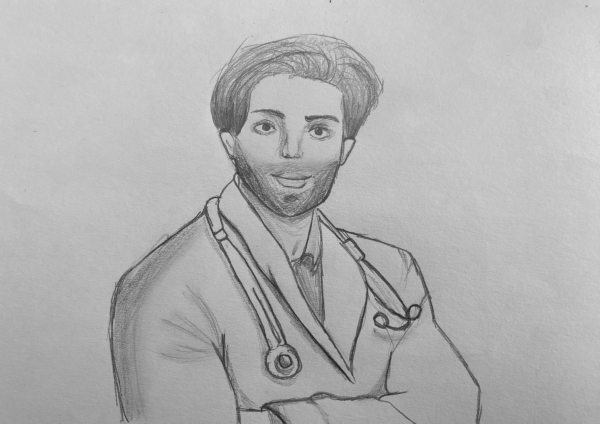
He still embraces his whimsical side—his 21 (and counting) research publications include a sociological analysis of SpongeBob.
Thank you to Kumayl for sharing his journey with The Echo. It’s hard to imagine how he’ll beat cutting-edge Parkinson’s research or mastering the semantics of sacred texts, but we know his future is brilliant. May his determination, ingenuity, and humility inspire HSMSE for generations to come.
